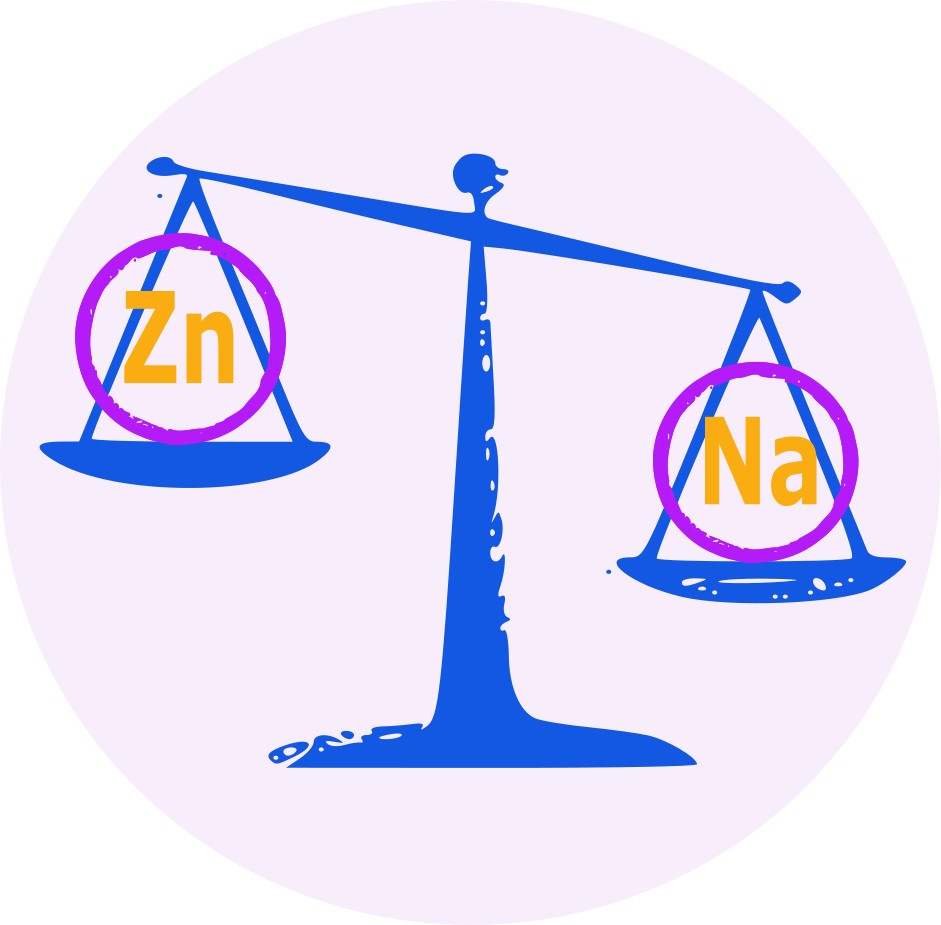| Name | Mannitol |
| Classes |
Cardiovascular Agent Diuretic Osmotic Diuretic |
| Diseases |
CNS Disorder Brain Swelling / Cerebral Edema |
Mannitol
Mannitol is an osmotic diuretic. Mannitol works by increasing the osmotic pressure in the renal tubules, which inhibits the reabsorption of water and electrolytes. This results in increased urine output and subsequent diuresis. Mannitol also helps to reduce intracranial pressure by osmotically extracting water from brain tissue.
Mannitol is indicated for the following conditions:
- Reduction of intracranial pressure and cerebral edema
- Promotion of diuresis in various clinical situations, including acute renal failure, drug overdose, and oliguria
- Prevention and treatment of acute kidney injury during certain surgical procedures
- Treatment of glaucoma as an osmotic agent
- Reduction of Intracranial Pressure and Brain Mass: In adults a dose of 0.25 to 2 g/kg body weight as a 15% to 25% solution administered over a period of 30 to 60 minutes; pediatric patients 1 to 2 g/kg body weight or 30 to 60 g/m2 body surface area over a period of 30 to 60 minutes. In small or debilitated patients, a dose of 500 mg/kg may be sufficient. Careful evaluation must be made of the circulatory and renal reserve prior to and during administration of mannitol at the higher doses and rapid infusion rates. Careful attention must be paid to fluid and electrolyte balance, body weight, and total input and output before and after infusion of mannitol. Evidence of reduced cerebral spinal fluid pressure must be observed within 15 minutes after starting infusion
- Reduction of Intraocular Pressure: In adults a dose of 0.25 to 2 g/kg body weight as a 15% to 25% solution administered over a period of 30 to 60 minutes; pediatric patients 1 to 2 g/kg body weight or 30 to 60 g/m2 body surface area over a period of 30 to 60 minutes. In small or debilitated patients, a dose of 500 mg/kg may be sufficient. When used preoperatively, the dose should be given one to one and one-half hours before surgery to achieve maximal reduction of intraocular pressure before operation.
- Measurement of Glomerular Filtration Rate (GFR): 100 mL of a 20% solution (20 g) should be diluted with 180 mL of sodium chloride injection (normal saline) or 200 mL of a 10% solution (20 g) should be diluted with 80 mL of sodium chloride injection (normal saline). The resulting 280 mL of 7.2% solution is infused at a rate of 20 mL per minute. The urine is collected by catheter for a specific period of time and analyzed for mannitol excreted in mg per minute. A blood sample is drawn at the start and at the end of the time period and the concentration of mannitol determined in mg/mL of plasma. GFR is the number of mL of plasma that must have been filtered to account for the amount excreted per minute in the urine. Normal clearance rates are approximately 125 mL/minute for men; 116 mL/minute for women.
The following side effects may occur with the use of mannitol-
- Fluid and electrolyte imbalance (including dehydration and electrolyte disturbances)
- Renal impairment or acute kidney injury
- Hypotension (low blood pressure) or hypertension (high blood pressure)
- Headache
- Nausea and vomiting
- Edema
- Headache
- Excessive thirst
- Thrombophlebitis (inflammation of a vein)
- Pulmonary edema (rare but potentially serious)
- Mannitol should be administered cautiously and under close medical supervision, especially in patients with preexisting renal impairment, heart failure, or electrolyte imbalances.
- Patients receiving mannitol should be monitored for fluid and electrolyte balance, renal function, and cardiovascular status.
- Mannitol should be used with caution in patients with compromised blood-brain barrier or intracranial bleeding, as it may exacerbate bleeding.
- Special attention should be given to patients with known hypersensitivity to mannitol or any of its components.
- Rapid administration of mannitol may lead to excessive diuresis and volume depletion, requiring careful monitoring and adjustment of fluid and electrolyte replacement.
- The risk of pulmonary edema is increased in patients with underlying cardiac dysfunction or compromised pulmonary function.
- Mannitol should be used with caution in diabetic patients, as it may affect blood glucose levels.
- Use in pregnant or lactating women should be carefully evaluated, weighing the potential benefits against the risks
Contraindication
- Mannitol is contraindicated in patients with known hypersensitivity to mannitol or any of its components.
- Mannitol is contraindicated in patients with anuria (complete absence of urine production) or severe dehydration.
- It should not be used in patients with active intracranial bleeding or severe heart failure.
- Use caution in patients with severe pulmonary congestion or edema.
 Bangla
Bangla English
English









